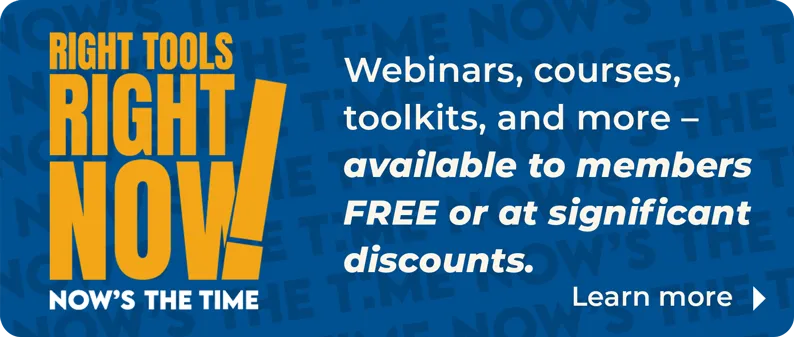NAR research continues to monitor access to credit and other issues affecting the ability of homebuyers to finance their purchase. In the 3rd Quarter Survey of Mortgage Originators, lenders were queried about recent production trends and expectations for the future. Survey participants were also queried about their preparation for the Know Before You Owe (a.k.a. TRID) changes to the closing process, the FHA’s proposed changes to its certification policy, and the CFPB’s expansion of the small lender exemption to the Ability to Repay (ATR) rule. Access to credit has expanded in the conventional space, while volume in the rebuttable presumption space has improved, but access remains tight in the non-QM space and clouds are forming on the horizon.

Highlights of the Survey:
- The non-QM share of originations shrank again to just 0.3 percent of production in the 3rd quarter, while the rebuttable presumption share expanded to 6.7 percent.
- Both the share of lenders offering and willingness to extend non-QM and rebuttable presumption loans eased, while willingness to extend plateaued at a high level for prime loans.
- Investor demand slipped sharply in the 3rd quarter with more lenders indicating a “wait and see” strategy with respect to investor takeout.
- Over the next six months, respondents expect access to credit for non-QM and rebuttable loans to moderate. However, investor demand for all loan categories is expected to rise over this same time frame.
- Only 20.0 percent of respondents indicated full confidence in their own preparations for TRID after implementation in October and 75.0 percent were recommending longer lock periods for their clients.
- 40.0 percent of respondents indicated some reluctance to offer pre-approval letters.
- In response to the FHA’s proposed certification policy, 30.0 percent of lenders plan to raise their minimum credit standards, with 71.4 percent of that group targeting a 640 minimum score.
- Finally, none of the respondents in this survey either benefit from or were willing to take advantage of the CFPB’s expansion of the small lender exemption under the qualified mortgage (QM) rule.








